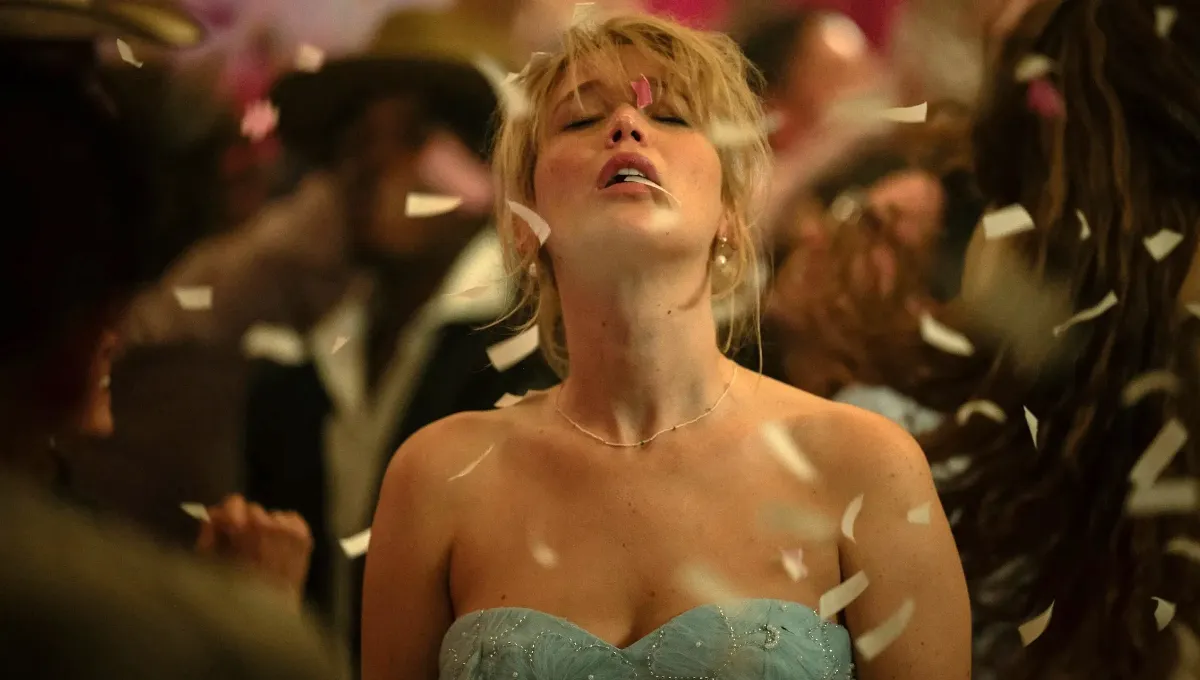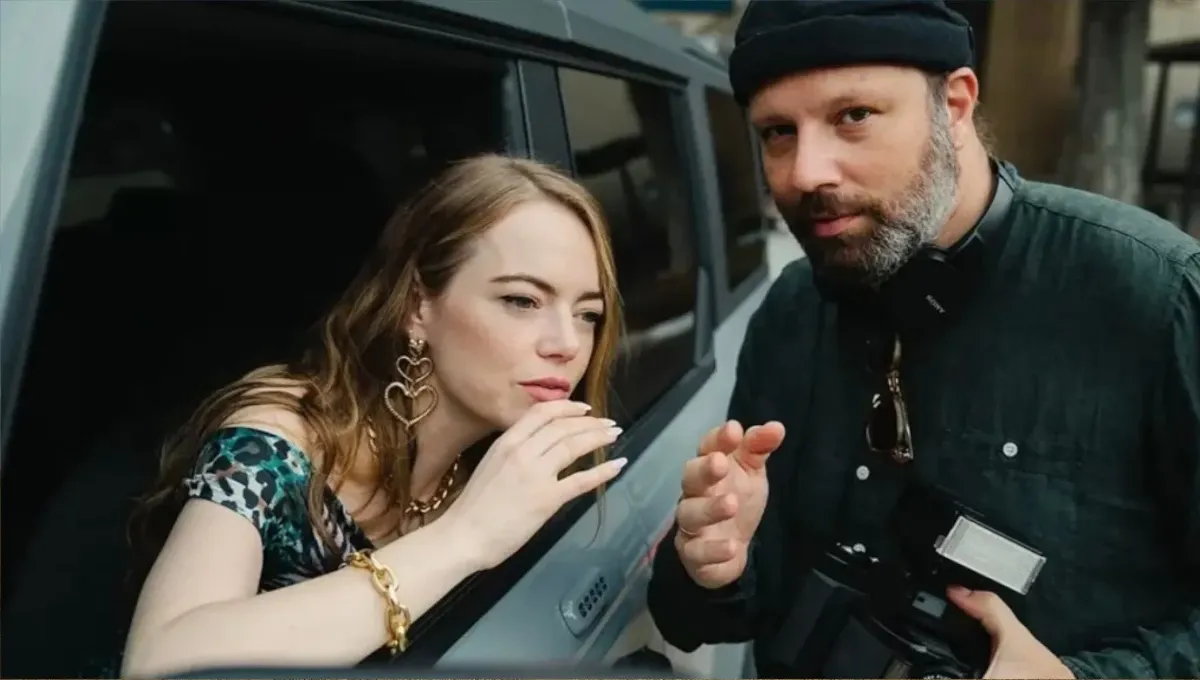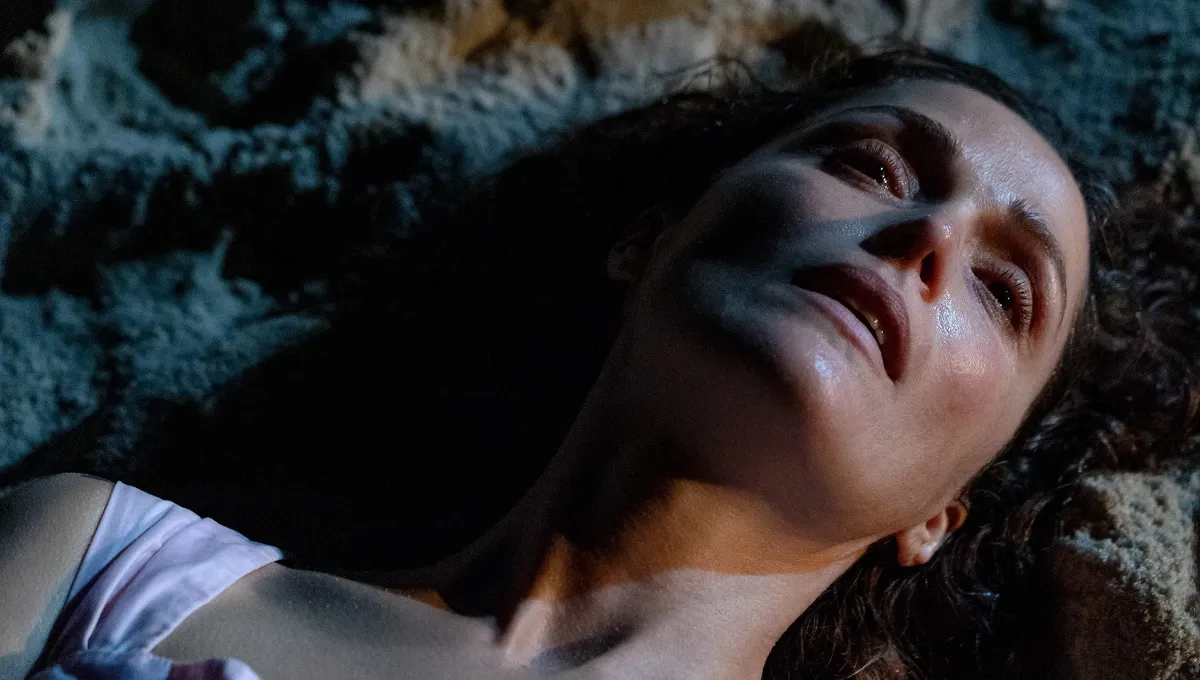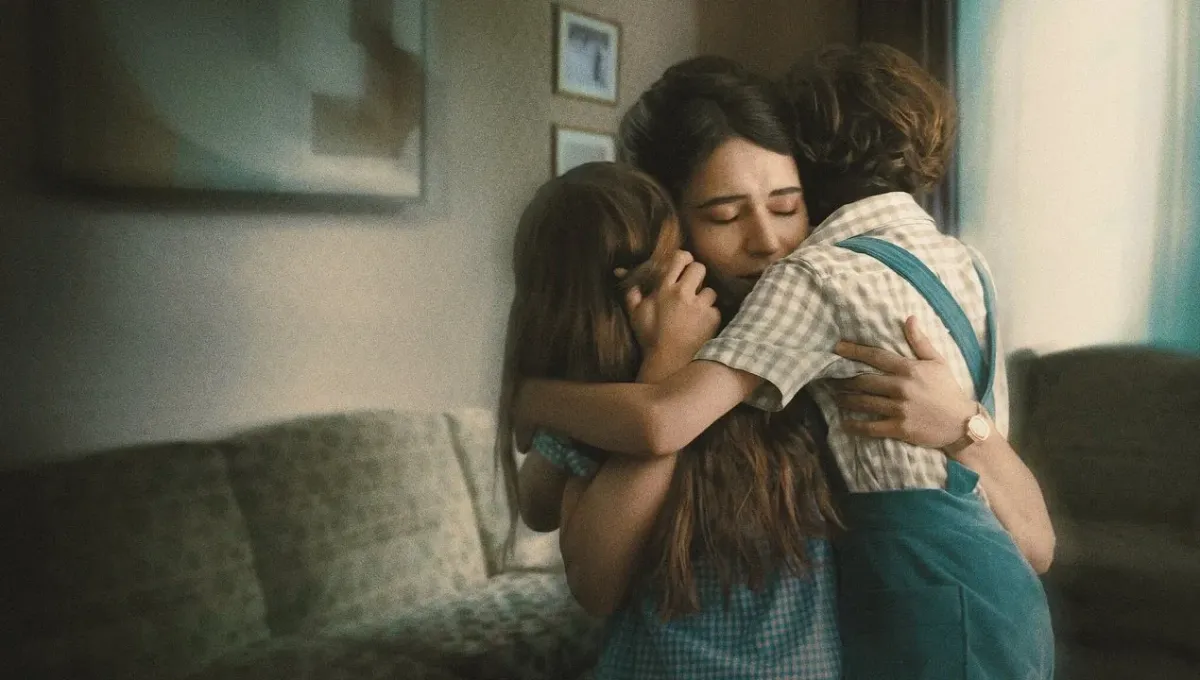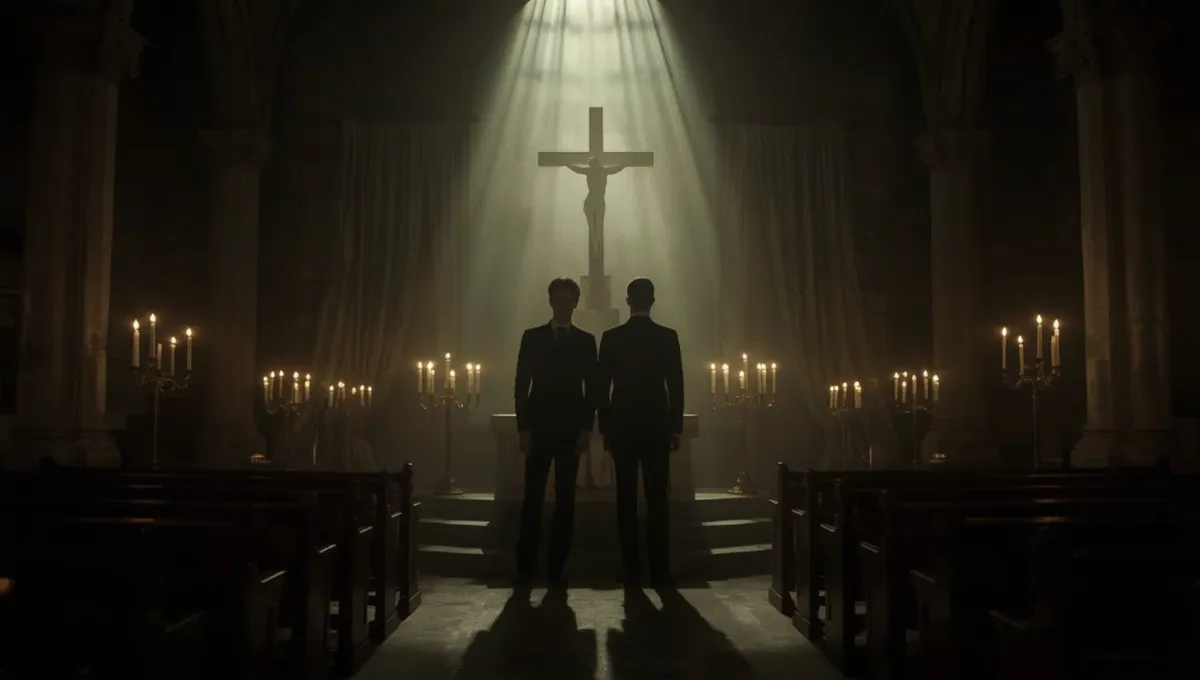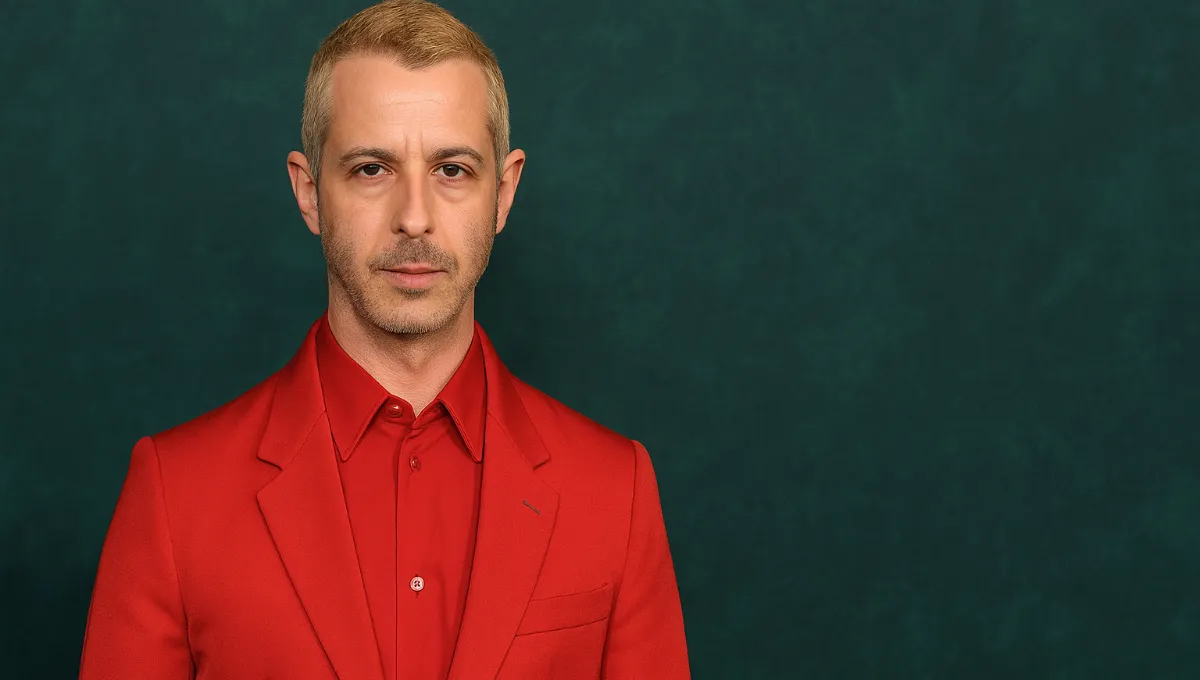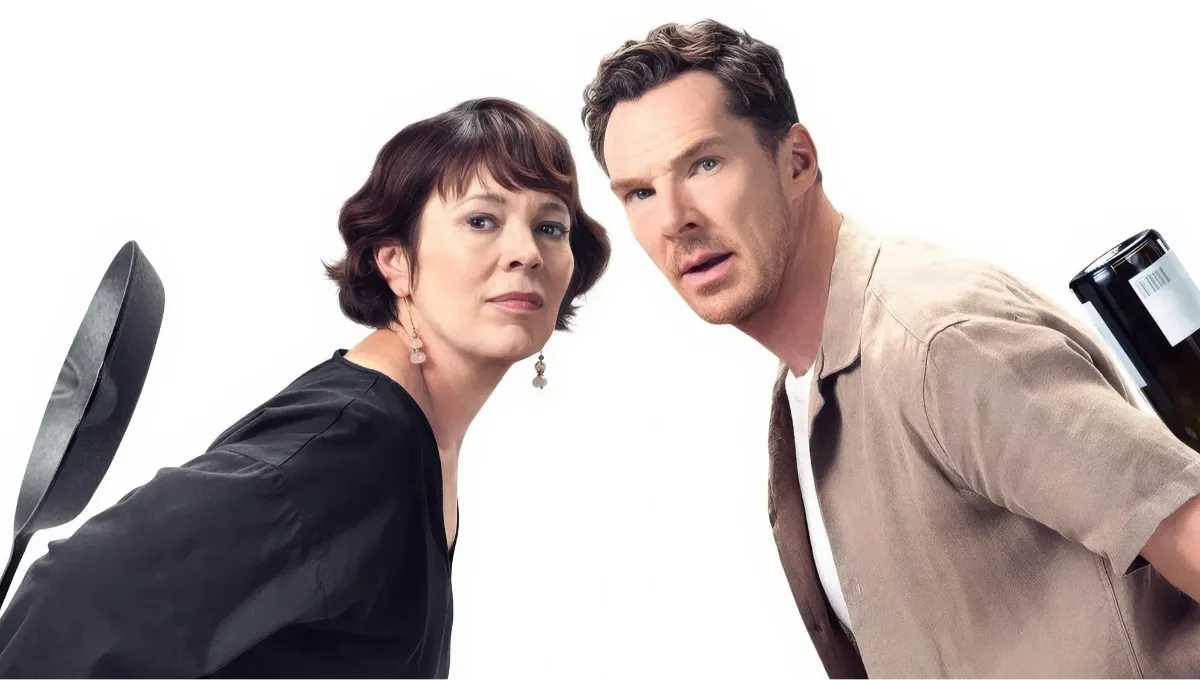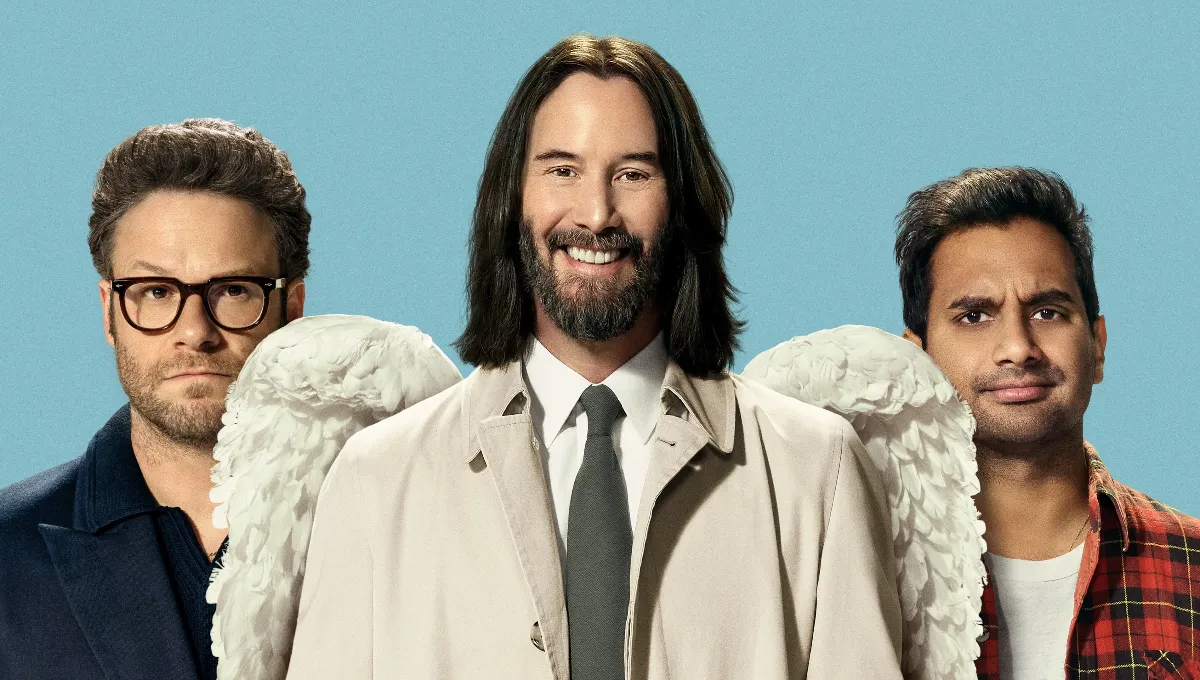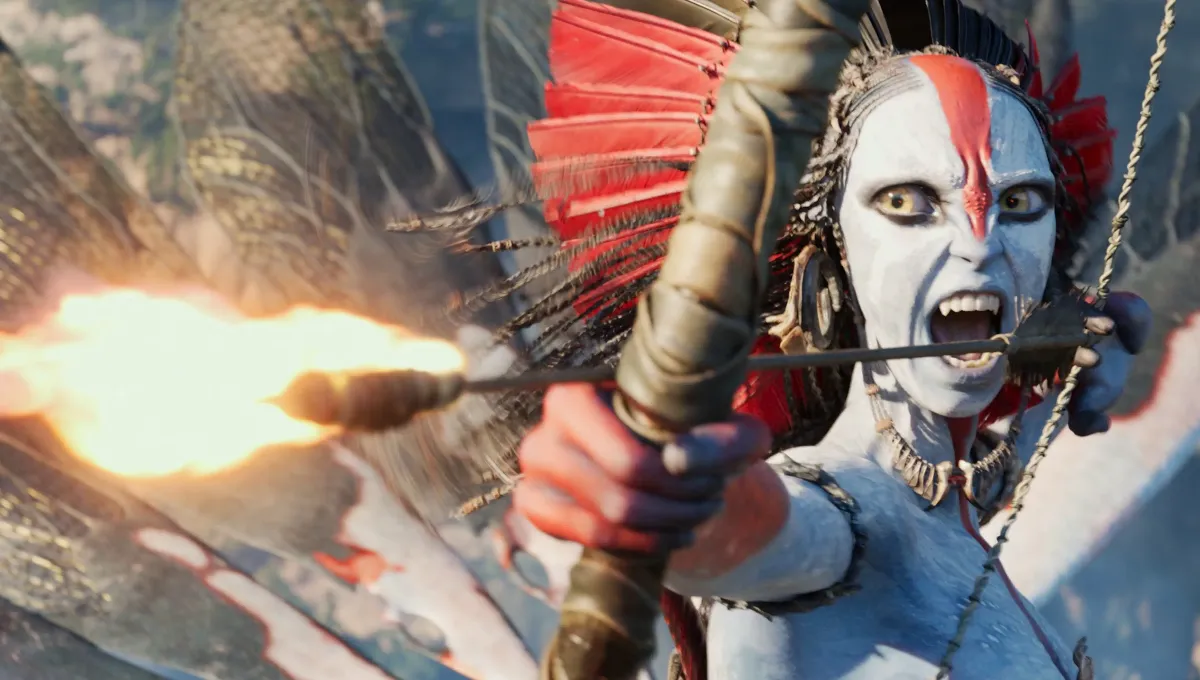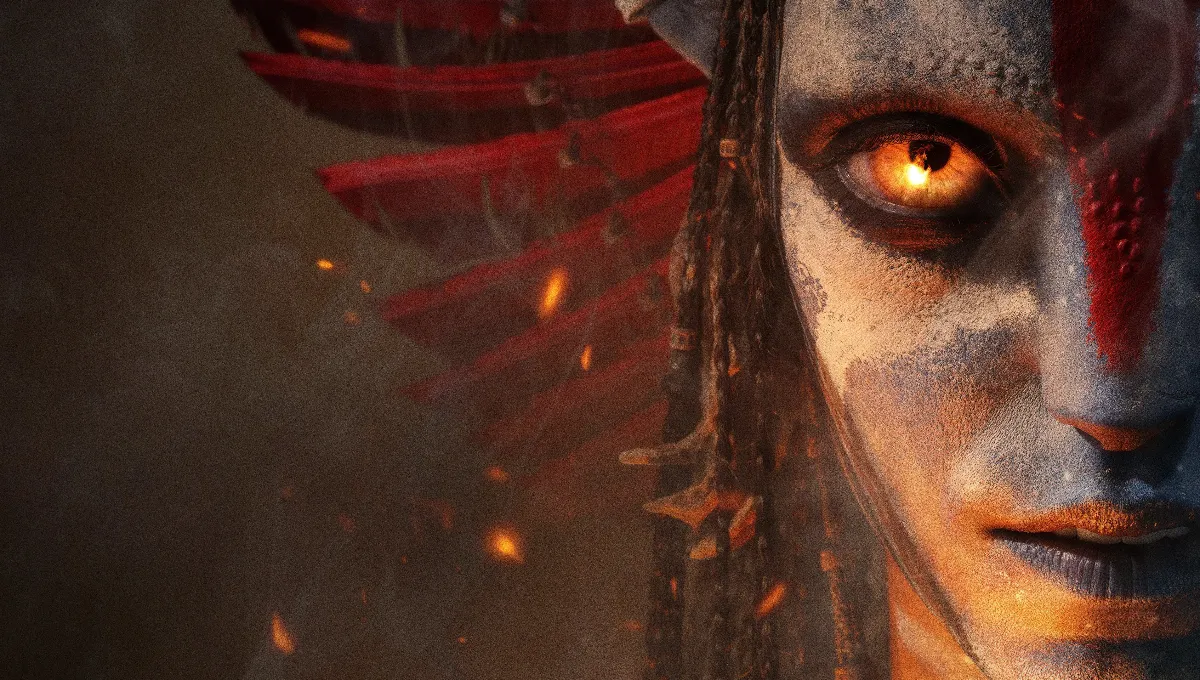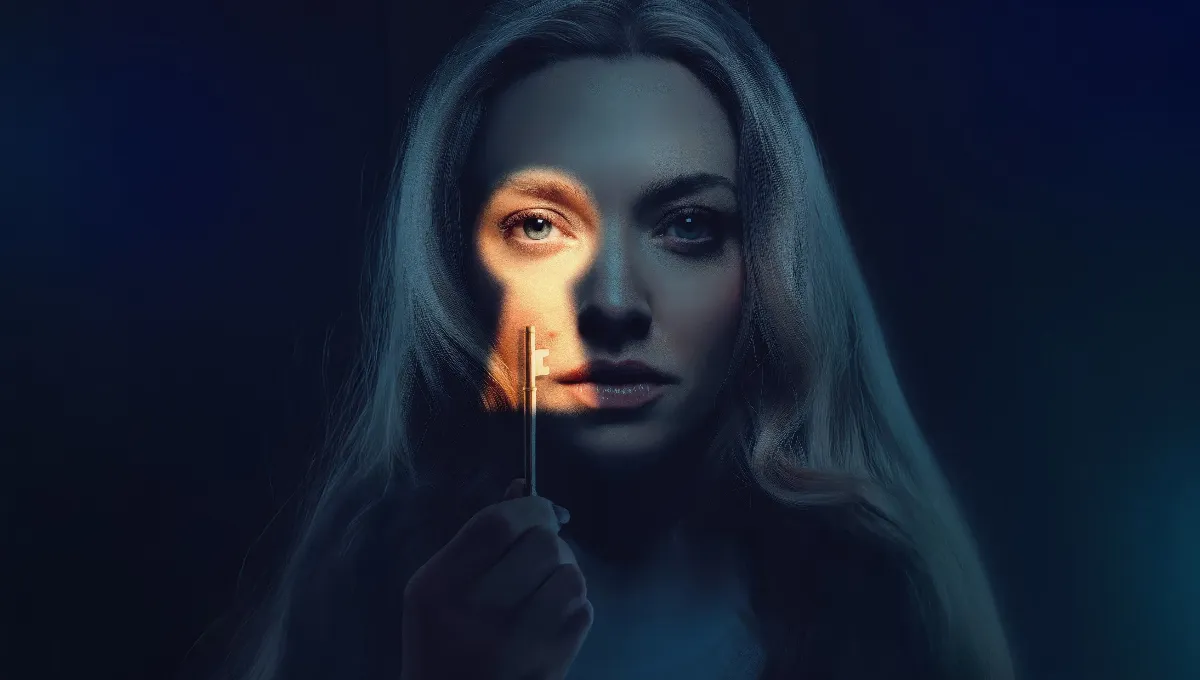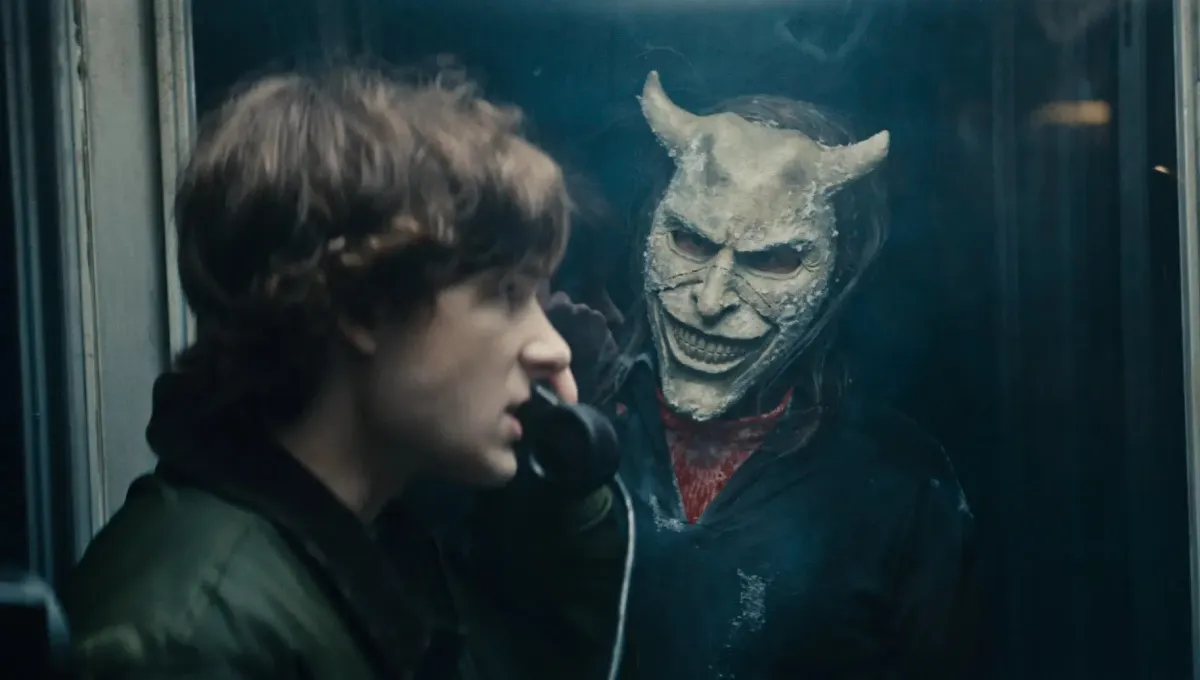Luca Guadagnino returns with After the Hunt (2025) — a tense, slow-burning drama-thriller that dissects power, loyalty, and moral gray zones in academia. Starring Julia Roberts, Andrew Garfield, and Ayo Edebiri, the film explores how truth and self-preservation collide when a prestigious professor’s world unravels under the weight of accusation and buried secrets.
This is not a courtroom film or a political statement dressed as entertainment. Guadagnino crafts a psychological battlefield where intellect and instinct, memory and denial, compassion and ambition all fight for dominance. It’s a drama that lingers like a wound that refuses to heal — polished, haunting, and deliberately uncomfortable.
A Story About Power, Silence, and the Cost of Truth
Set within the rarefied walls of an elite university, After the Hunt follows Alma Imhoff (Julia Roberts), a respected professor whose reputation is built on intellect, grace, and influence. When her star graduate student Maggie Resnick (Ayo Edebiri) accuses fellow professor Hank Gibson (Andrew Garfield) of misconduct, Alma faces a moral crossroads. Defending a colleague means protecting the institution — but at what personal cost?
As the story unfolds, Alma’s own past resurfaces, exposing a buried scandal that mirrors the present one. The film asks: What happens when the moral clarity you teach no longer matches the life you’ve lived? Guadagnino transforms this premise into an intimate study of guilt, privilege, and the subtle tyranny of silence.
The tone is more psychological thriller than melodrama. Dialogue is sharp and layered; every conversation doubles as a test of integrity. Alma’s lectures on ethics echo ironically against her private hesitation. Maggie’s courage feels both righteous and naive — a generational challenge to institutional rot. And Hank, charming and composed, embodies the seductive ambiguity of power itself.
Julia Roberts as Alma Imhoff – Elegance Meets Inner Chaos
Julia Roberts gives one of her most restrained yet devastating performances. Alma is not a villain or saint — she’s a woman shaped by decades of compromise. Roberts plays her as someone who understands how institutions really work: power thrives in appearances, and survival depends on silence.
Her scenes with Garfield and Edebiri are a masterclass in emotional precision. A glance, a pause, or the slightest tremor in her voice says more than any outburst could. Roberts doesn’t beg for empathy; she earns it by revealing Alma’s loneliness beneath the armor of authority. Critics at Venice hailed her as “ice and fire combined” — a comeback role that redefines her dramatic legacy.
Ayo Edebiri as Maggie Resnick – The New Voice of Accountability
Ayo Edebiri, known for The Bear and Bottoms, sheds her comedic roots to deliver a quietly explosive performance. Maggie is not the stereotype of the victim. She’s smart, direct, and unwilling to let the system gaslight her into silence.
Edebiri captures the sharp disillusionment of a generation that refuses to play by the old rules. She doesn’t fight for validation — she demands change. Her chemistry with Roberts crackles with tension: mentorship turns to confrontation, admiration to disappointment. Maggie’s presence forces Alma to question not only her loyalties but her entire moral framework.
Andrew Garfield as Hank Gibson – The Charmer You Can’t Fully Trust
Andrew Garfield’s performance is deliberately slippery. Hank Gibson is brilliant, likable, and manipulative in equal measure. He’s the kind of academic who knows how to win a room — or a department — with charm.
Garfield blurs the line between charisma and danger. His Hank could be innocent, misunderstood… or deeply guilty. Guadagnino never gives us certainty, and Garfield thrives in that ambiguity. The more he smiles, the more we doubt him. His scenes with Edebiri burn with unease — two people locked in a power struggle neither fully understands.
Michael Stuhlbarg as Frederik Imhoff – Rationality as a Mask
Michael Stuhlbarg plays Alma’s husband, a psychiatrist who believes every problem can be reasoned away. His clinical calm contrasts with Alma’s unraveling. He listens, diagnoses, but never truly sees her. Through Stuhlbarg’s subtle performance, the film critiques how emotional intelligence can be weaponized — how “understanding” can become a shield against moral responsibility.
Chloë Sevigny as Dr. Kim Sayers – The Face of Institutional Control
Chloë Sevigny brings cold precision to Dr. Kim Sayers, the university’s crisis-management expert. Her job is to contain scandals, not solve them. Every scene she’s in crackles with bureaucratic tension: she knows what empathy looks like but has long since traded it for procedure. Sevigny makes her both credible and chilling — the embodiment of how systems absorb and neutralize outrage.
Supporting Cast That Deepens the World
-
Lio Mehiel as Alex, Maggie’s partner, represents the pragmatic, digital-age activist — sharp, impatient, and media-savvy.
-
Thaddea Graham as Katie adds perspective from the student body: how rumors morph into realities on campus.
-
David Leiber as Dean RJ Thomas portrays the middle-man who speaks in policy but bleeds politics.
-
Will Price as Arthur underscores the film’s quiet truth: even minor players can feel the ripple of institutional corruption.
Luca Guadagnino’s Direction – Precision and Provocation
Guadagnino has always been fascinated by desire, morality, and the structures that confine them. From A Bigger Splash to Call Me by Your Name to Bones and All, his films turn intimacy into tension.
In After the Hunt, he trades sensuality for intellectual dread. The camera (by cinematographer Malik Hassan Sayeed) keeps a calculated distance, then suddenly invades personal space. The compositions are cold, almost architectural, until emotion breaks through. Every frame feels like a debate — between what’s visible and what’s hidden.
The score by Trent Reznor and Atticus Ross is equally restrained: humming anxiety, metallic drones, the quiet hum of guilt under fluorescent light. Editor Marco Costa cuts with surgical rhythm — long silences, then sudden ruptures. The result is hypnotic, unsettling, and impossible to look away from.
A Story Rooted in Real Tension, Not Easy Answers
What makes After the Hunt extraordinary is its refusal to simplify. Guadagnino and screenwriter Nora Garrett create a moral labyrinth where every truth has a shadow. The film doesn’t lecture — it provokes.
When Maggie confronts Alma, the generational rift is electric. One fights for justice; the other fights for stability. Both believe they’re right. The movie’s most disturbing revelation isn’t about the alleged crime, but about how people justify silence when speaking up might cost them everything.
By the final act, past and present blur. A secret from Alma’s youth echoes Maggie’s accusation, forcing her to confront her own hypocrisy. The ending skips ahead in time, showing who moved on, who disappeared, and who still carries the weight of what was left unsaid. It’s not closure — it’s a haunting.
Themes That Hit Hard in 2025
-
Power and complicity: how those in control rationalize silence.
-
Generational divide: old systems of respect vs. new demands for accountability.
-
Memory and trauma: how truth mutates in institutions designed to protect themselves.
-
Gender and authority: how women in power navigate patriarchal spaces — and sometimes perpetuate them.
Guadagnino doesn’t moralize; he exposes. He shows how easy it is to confuse self-protection with ethics, and how every generation inherits the unfinished battles of the last.
Critical Response and Festival Buzz
Premiering out of competition at the 2025 Venice Film Festival, After the Hunt drew immediate debate. Critics praised its performances and craft, though some called it too ambiguous — exactly as Guadagnino intended. Roberts and Garfield received standing ovations; Edebiri was hailed as “the revelation of the year.”
The film’s complexity makes it a conversation piece — not a slogan. It’s the kind of drama that invites discussion over drinks afterward, where everyone has a different interpretation of what “really” happened.
Cinematic Details and Release Information
-
Director: Luca Guadagnino
-
Writer: Nora Garrett
-
Cinematography: Malik Hassan Sayeed
-
Music: Trent Reznor & Atticus Ross
-
Editor: Marco Costa
-
Genre: Drama, Thriller
-
Runtime: 2h 19m
-
Rating: R
-
Distributor: Amazon MGM Studios (U.S.), Sony Pictures Releasing International
-
Premiere: Venice Film Festival, August 29, 2025
-
U.S. Release: October 10 (limited), October 17 (wide)
-
Format: Theatrical release — streaming availability expected later on Prime Video
Why It Matters
In an era saturated with outrage and simplified narratives, After the Hunt stands apart. It treats its audience as intelligent participants, not passive consumers. Every frame invites analysis. Every silence demands reflection.
Julia Roberts reclaims her dramatic power; Andrew Garfield turns charm into menace; Ayo Edebiri confirms herself as one of the most exciting actors of her generation. Together, they anchor a film that feels both timeless and urgently modern.
Guadagnino reminds us that cinema can still challenge comfort, that empathy isn’t the same as absolution, and that sometimes the hardest truths are the ones we can’t prove — only feel.
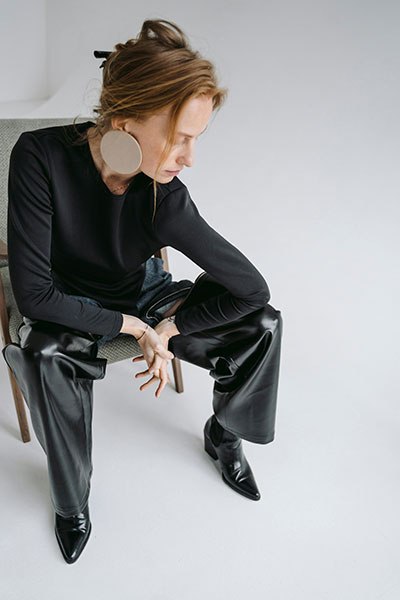
Grace Whitmore is a beauty and lifestyle editor at Nestification, exploring the intersection of modern femininity, quiet luxury, and emotional design. Her work focuses on how aesthetics, mindfulness, and self-expression shape today’s idea of calm confidence — where beauty becomes a state of mind.
Based in New York · [email protected]

